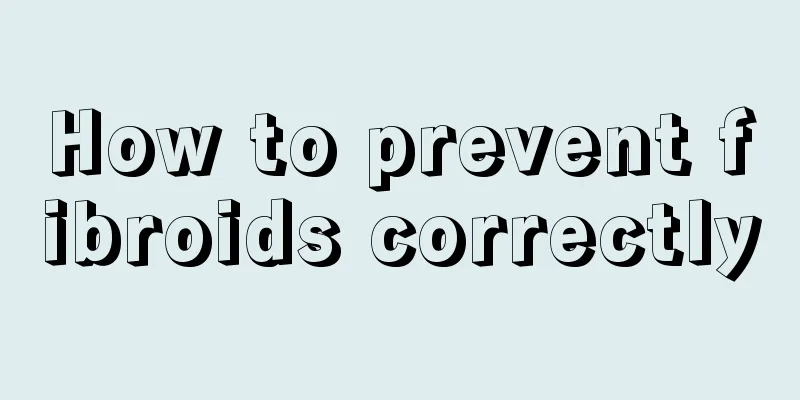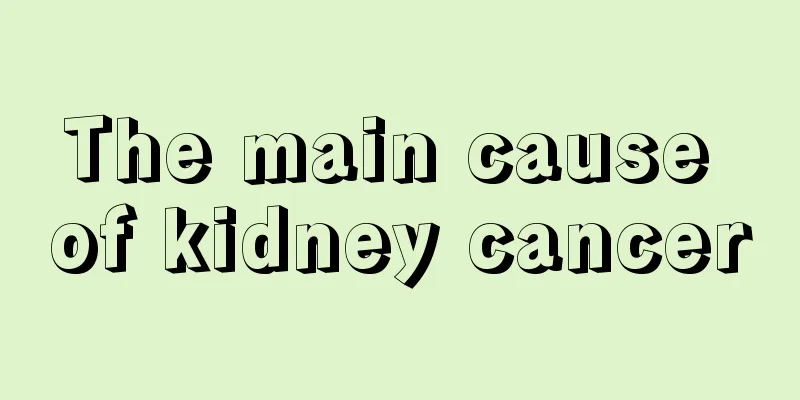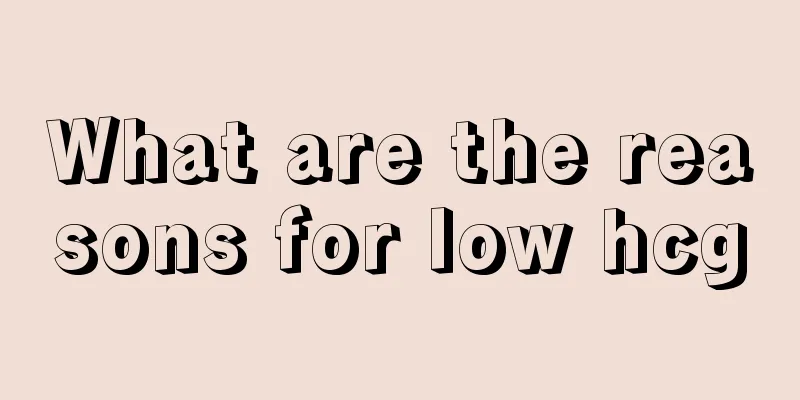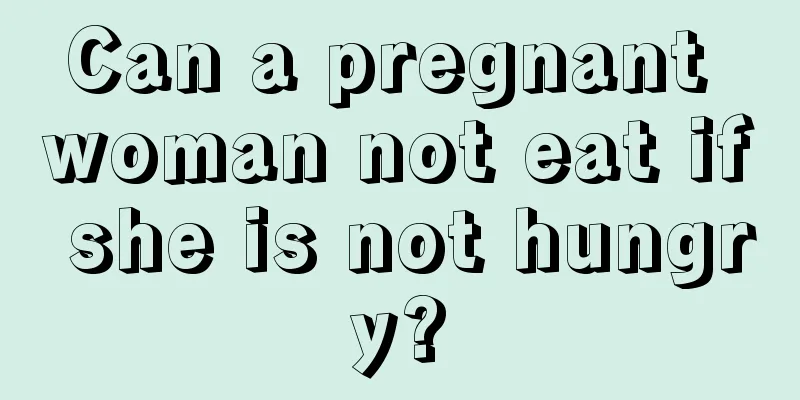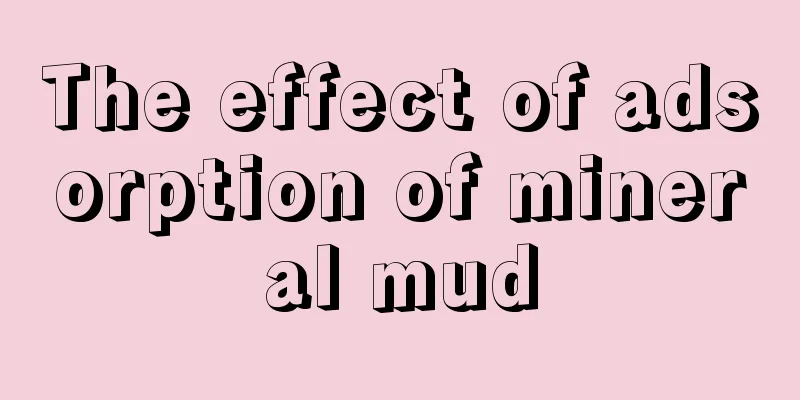Western medicine for insomnia
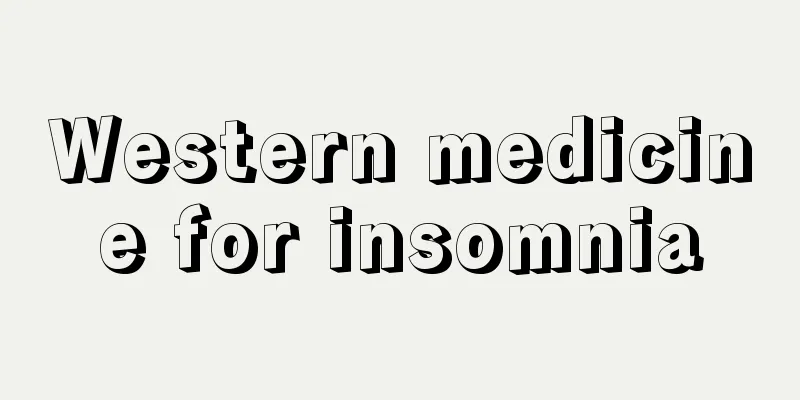
|
Insomnia is a common sub-health problem in today's society. Insomnia has a relatively large impact on human health, because it not only causes certain problems in people's mental state, but also directly reduces people's resistance and immunity, making people prone to disease. So, what drugs can treat insomnia? Here are some effective medicines for insomnia. 1. Antihistamines Several transient and small non-placebo trials found that diphenhydramine 25 to 50 mg improved subjective sleep latency and sleep quality, but tolerance developed after 3 to 4 days. Antihistamines should be avoided in patients taking cardiovascular medications, who have cognitive impairment, urinary retention, or difficulty urinating. 2. Melatonin Giving 10 volunteers 5 mg of melatonin at 8 pm shortened the sleep latency and prolonged subjective sleep; taking melatonin 15 minutes before bedtime did not shorten the sleep latency, suggesting that taking melatonin at different times has different effects. 3. L-Tryptophan A base for synthesizing melatonin, promoting sleep. Data released by the U.S. Food and Drug Administration in February 2001 showed that in 1989 at least 1,500 people who took L-tryptophan developed eosinophilia-myalgia syndrome, including 37 deaths, so the addition of L-tryptophan to food was restricted. 4. Valerian Tincture It is a valerian plant derivative that is classified as a nutrient by the U.S. Food and Drug Administration. Valerian tincture can activate adenosine receptors in rat cortical neurons and may also be a γ-aminobutyric acid (GABA) reuptake inhibitor, thereby increasing slow-wave sleep. Its withdrawal symptoms are similar to those of benzodiazepines (BZDs). Four reports indicate that valerian tincture can cause hepatotoxicity and is contraindicated in patients with active liver disease. Valerian tincture has been suggested to be a cytochrome P450 3A4 (CYP 3A4) inhibitor, but there are conflicting results. 5. Trazodone Trazodone is more commonly used to treat insomnia than depression. An early study gave 9 patients trazodone 150 mg/night for 3 weeks. Comparisons before and after drug withdrawal showed that trazodone did not improve sleep latency or total sleep time, but reduced wakefulness, increased slow-wave sleep (phase 3, 4 sleep), and improved subjective sleep quality, suggesting that trazodone can at least treat primary insomnia in the short term, but 50 mg is not as effective as zolpidem 10 mg |
>>: How to cure mouth ulcers_What cures mouth ulcers
Recommend
Patients must combine the diagnosis basis of liver cancer as soon as possible
Liver cancer is a common tumor disease. It can ca...
Hazards after minimally invasive cervical spine surgery
In life, many people choose to use minimally inva...
Can herpes be broken
Everyone knows the harm that herpes can cause to ...
How to better care for lung cancer patients? 5 specialized nursing methods for lung cancer patients
We need to provide general care and specialized c...
What are the dangers of nose augmentation?
Many fashionable and beauty-loving women will und...
What foods are not suitable for colorectal cancer? What are the dietary principles for colorectal cancer?
Rectal cancer is a malignant tumor that originate...
What to do if you have a headache due to kidney deficiency? Treatment methods for headache caused by kidney deficiency
Kidney deficiency headache is a symptom caused by...
Can the head of the bed face west?
Many people think that Feng Shui has a huge impac...
What are the common methods for examining ovarian tumors?
After the occurrence of ovarian malignant tumor d...
Is it dangerous to inhale propylene glycol into the lungs?
Propylene glycol is a common chemical substance t...
The red lumpy bumps on my body are itchy
Nowadays people pay great attention to personal h...
What are the common symptoms of lung cancer? If you have these symptoms, be careful that it is lung cancer
What are the common symptoms of lung cancer? Nowa...
Meridians of the human body
The meridians are spread all over the body and pl...
Do not stop taking medication casually when treating osteosarcoma
Medicines are three-part poisons, which is a comm...
How to prevent static electricity? 6 easy tricks to solve it
Static electricity is the most annoying thing. Yo...

